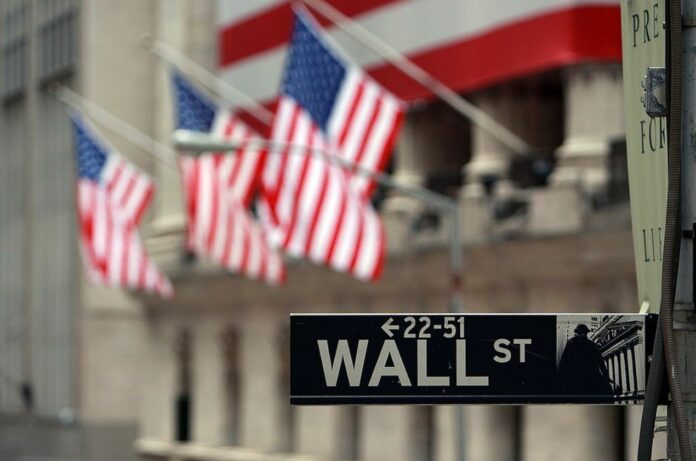Government bank bailouts are complex decisions with financial, social, and political repercussions. AI-powered decision-making tools can be a crucial tool for governments, assisting officials in specifically assessing financial implications, such as determining whether a bailout is in the best interest of taxpayers or whether letting the bank fail would be a better use of taxpayer dollars.
Researchers at UCL and the Queen Mary University of London have developed an artificial intelligence (AI) tool that could assist governments in deciding whether or not to save public money in the long run by forecasting whether or not a bank intervention will save money in the short term.
In addition to determining if a bailout is the best course of action for taxpayers, the AI-powered decision-making tool, which is presented in a recent publication in Nature Communications, also makes recommendations for how much money should be invested in the bank and which banks should be bailed out at any given time.
The algorithm can be used and calibrated by national banks using intricate proprietary data that is not available to the general public. The authors tested the algorithm using data from the European Banking Authority on a network of 35 European financial institutions that were thought to be the most significant to the global financial system.
“Government bank bailouts are complex decisions that have financial, social and political implications. We believe,” says corresponding author Dr. Neofytos Rodosthenous, “the AI approach we have developed can be an important tool for governments, helping officials assess specifically financial implications – this means checking if a bailout is in the best interest of taxpayers, or whether it would be better value for money to let the bank fail.”
According to Co-author Professor Vito Latora, “Governments and banking authorities can also use our approach to retrospectively review past crises and gain valuable learnings to inform future actions.”
For example, one could “review the UK government bailout of the Royal Bank of Scotland (RBS) during the financial crisis of 2007-9 and reflect on how this could potentially be improved (from a financial standpoint) in the future in order to primarily benefit taxpayers.”
In a bank bailout, the government invests in a bank, raising its equity and lowering its default risk. This short-term expense may be justified to the taxpayer if it results in fewer long-term taxpayer losses, i.e., it reduces bank defaults, which are more detrimental to government finances.
In their work, they developed a statistical framework for assessing various rescue plans in terms of expected taxpayer losses. The predicted duration of the financial crisis, the possibility of each bank defaulting, the ripple effects on other banks in the network, and taxpayer interests in the institutions are all taken into account.
The researchers included the impact of government intervention at any given time into this framework using a mathematical control method known as the Markov Decision Process.
They then created a custom AI algorithm to evaluate ideal bailout plans, comparing no involvement to various sorts of intervention – that is, variable levels of investment in one or more banks – at various stages throughout a crisis. Modelling such a system is extremely complicated, as the future behavior of all banks inside the system is potentially limitless.
They demonstrated in their case study, using information from the European Banking Authority, that a government rescue would only be beneficial if taxpayer holdings in the banks exceeded a critical threshold number that was established by the model. Once the percentage loss had surpassed this point, the recommended course of action significantly changed.
Furthermore, it was demonstrated that government bailouts were more beneficial the higher the network’s distress (measured as a percentage fall in the banks’ equity), the longer the crisis persisted, and the greater the banks’ exposures to other banks were (that is, how much they had lent other banks and therefore stood to lose if these banks failed).
The researchers also discovered that once a bank had received a bailout, the government continuing to invest in that bank to prevent default was the best course of action for taxpayers. This might make the bank that was saved less motivated to manage risk, which might encourage further risk-taking.
Banks have so far survived the current economic storm brought on by the Covid-19 outbreak, according to lead author Dr. Daniele Petrone. Regulations put in place after the 2007–2009 global financial crisis and central banks’ willingness to accommodate their monetary policies, which have prevented bankruptcies across industries, have strengthened their resilience. Bailouts are still a possibility since no one can forecast how the financial system will be affected as central banks change their earlier strategies, such as raising interest rates because they were worried about inflation.
Source:10.1038/s41467-022-34102-1
Image Credit: Spencer Platt/Getty Images
